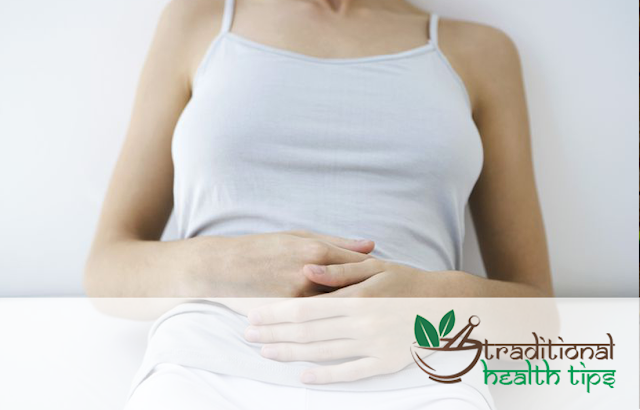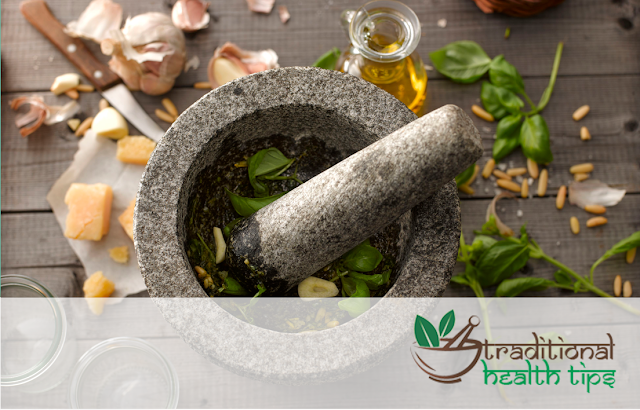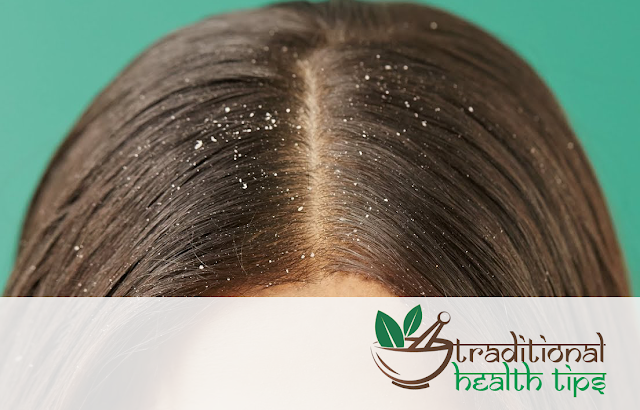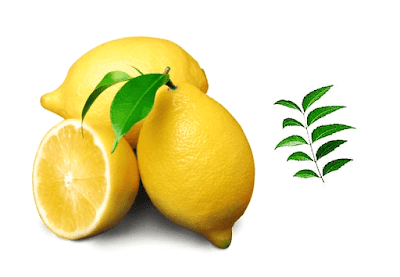Keep your face clean.
Whether or not you have acne, it's important to wash your face twice daily to remove impurities, dead skin
cells, and extra oil from your skin's surface. Washing more often than
twice daily is not necessarily better; it may do more harm than good.
Use warm, not hot, water and a mild facial cleanser. Using a harsh soap
(like deodorant body soap) can hurt the already inflamed skin and cause
more irritation.
Avoid scrubbing your skin harshly with a washcloth, an
exfoliating glove, or loofah (a coarse-textured sponge). Gently wash it
with a very soft cloth or your hands. Always rinse well, and then dry
your face with a clean towel. (Toss the towel in the laundry hamper, as
dirty towels spread bacteria.) Also, use the washcloth only once.
Moisturize.
Many acne
products contain ingredients that dry the skin, so always use a
moisturizer that minimizes dryness and skin peeling. Look for
"noncomedogenic" on the label, which means it should not cause acne. There are moisturizers made for oily, dry, or combination skin.
Try an over-the-counter acne product.
These acne products don't need a prescription. Most of them have ingredients such as benzoyl peroxide, salicylic acid, glycolic acid, or lactic acid,
which curb bacteria and dry your skin. They may cause drying or peeling
so start with a small amount at first. Then you can adjust how much you
use and how often. Another option is a new OTC topical retinoid gel. It
works to actually keep the acne from forming. Use these products with
caution if you have sensitive skin.
Use makeup sparingly
During a breakout, avoid
wearing foundation, powder, or blush. If you do wear makeup, wash it off
at the end of the day. If possible, choose oil-free cosmetics
without added dyes and chemicals. Choose makeup that is labeled as
"noncomedogenic," meaning it should not cause acne. Read the ingredients
list on the product label before buying.
Watch what you put on your hair.
Avoid using fragrances, oils, pomades, or gels on your hair.
If they get on your face, they can block your skin's pores and irritate
your skin. Use a gentle shampoo and conditioner. Oily hair can add to
the oil on your face, so wash your hair often, especially if you're
breaking out. Got long hair? Keep it pulled away from your face.

















